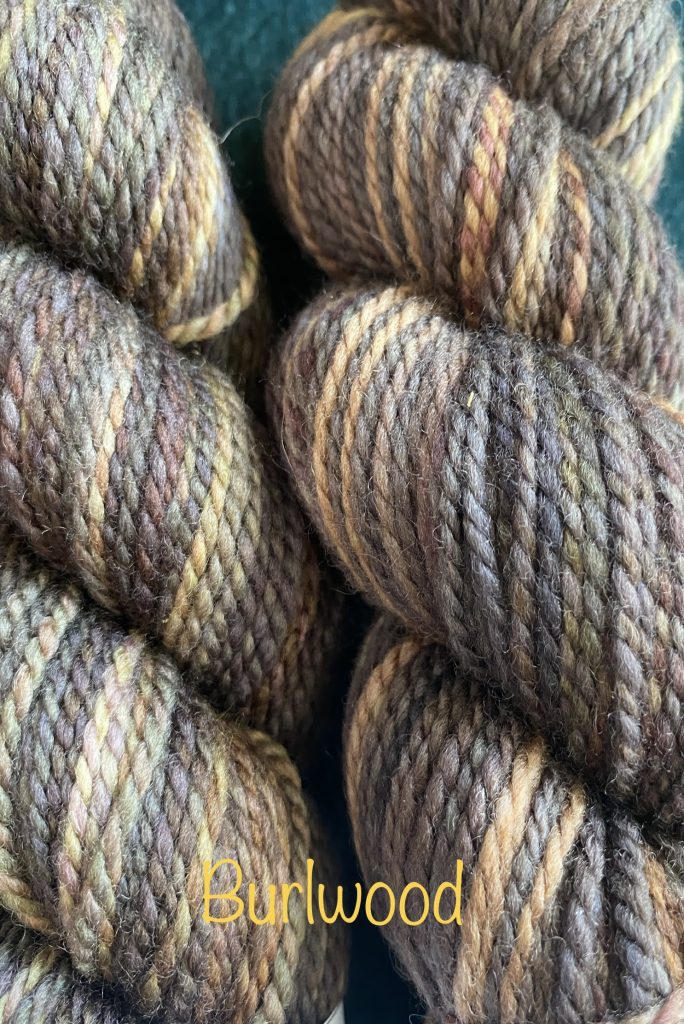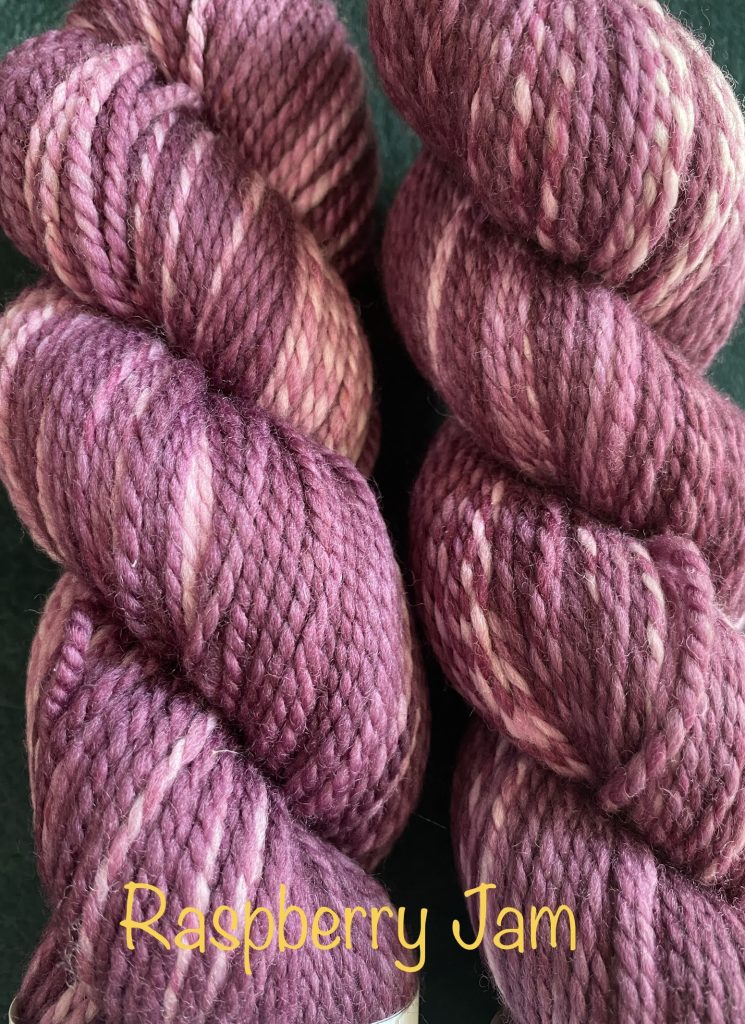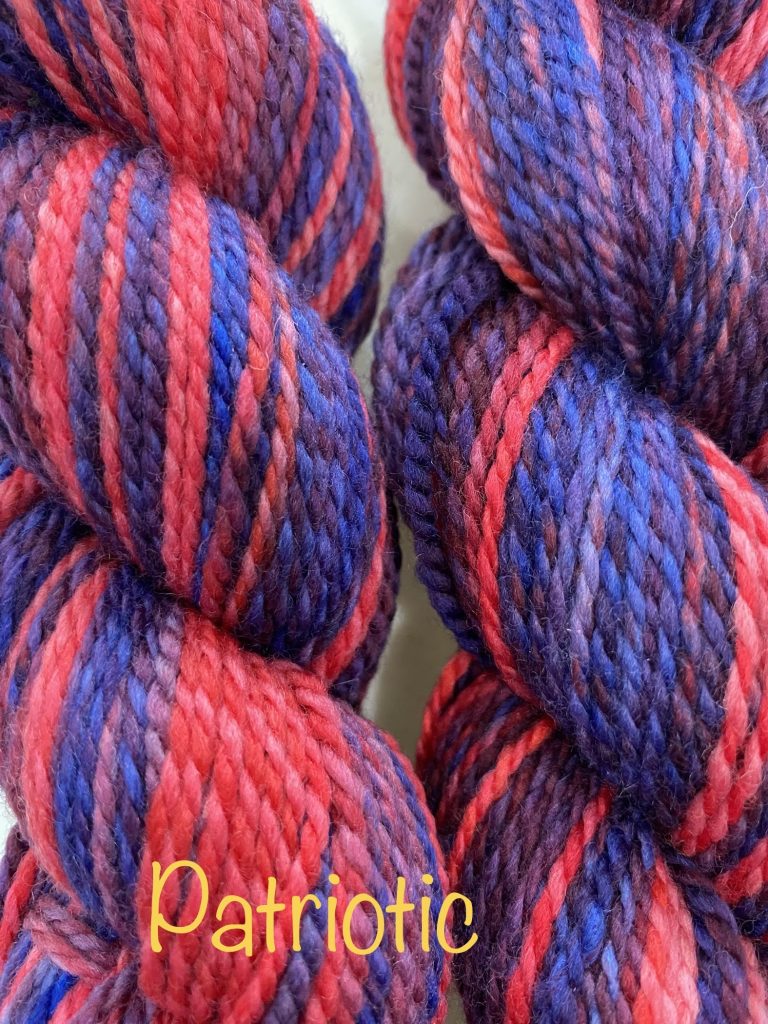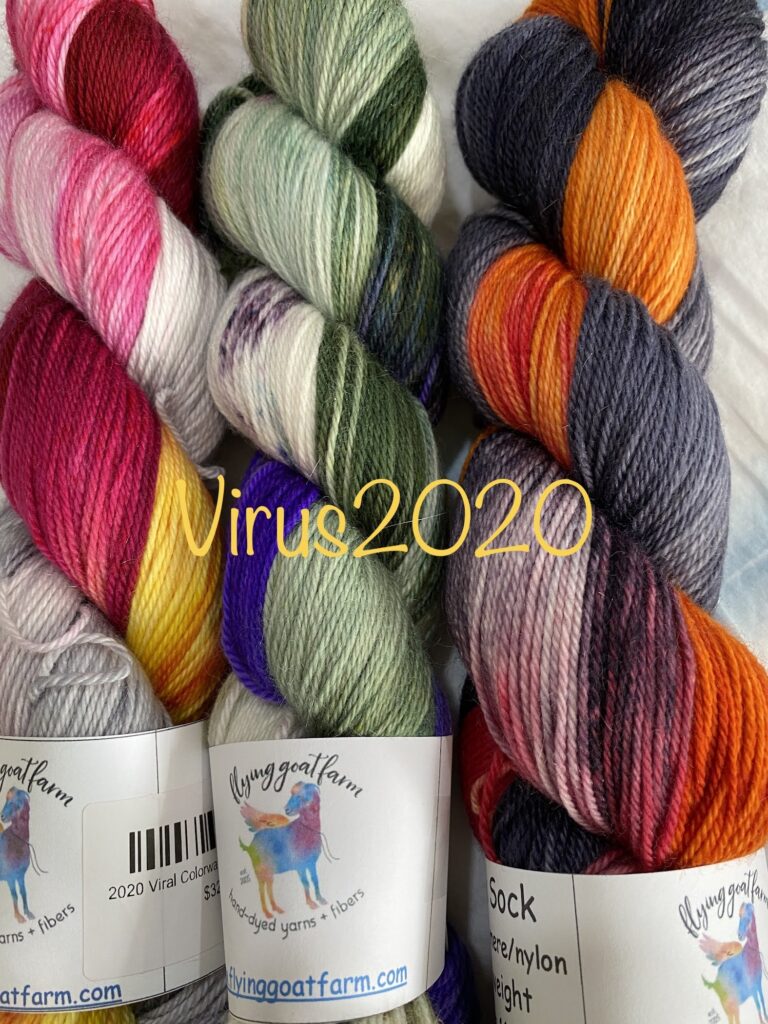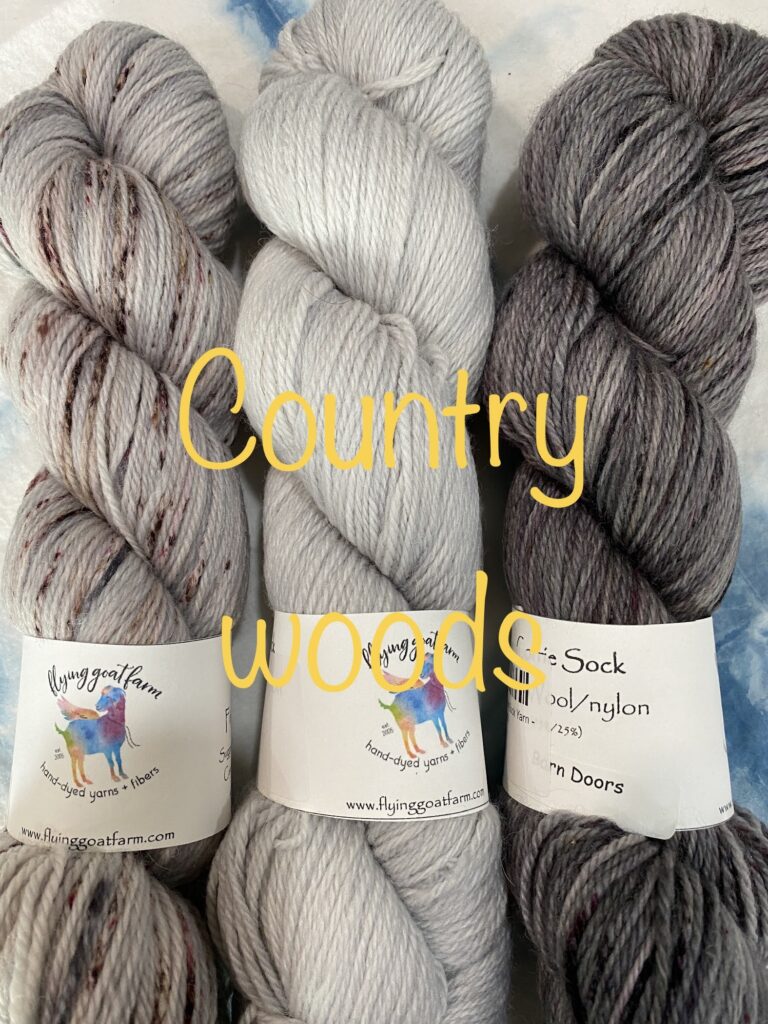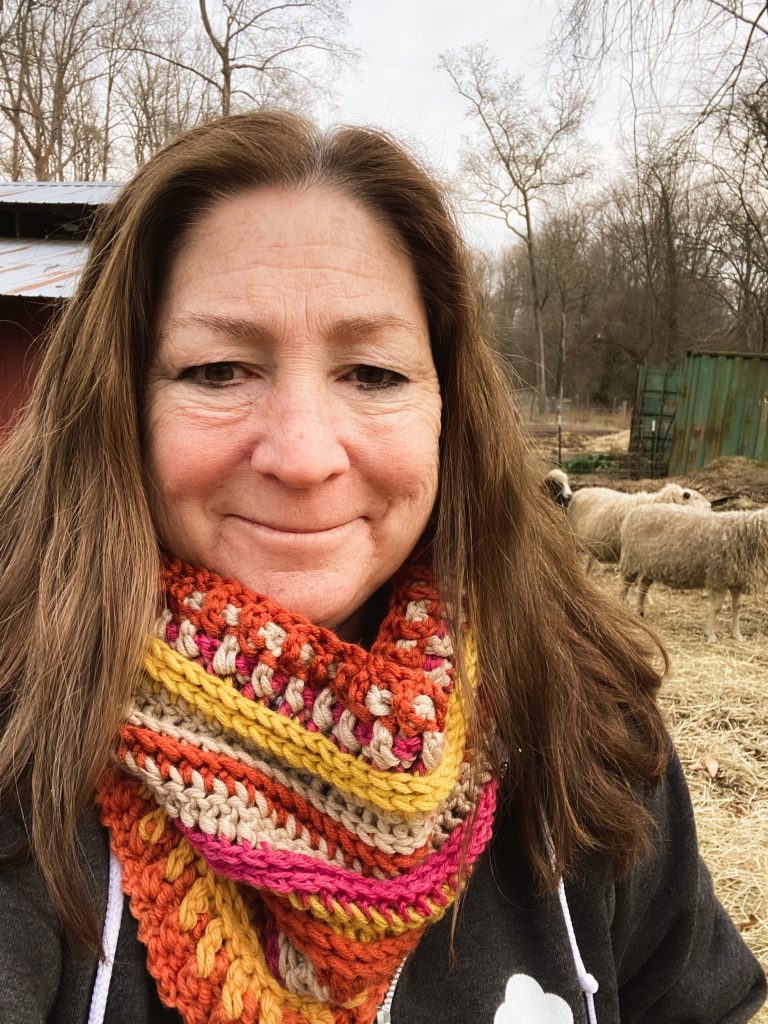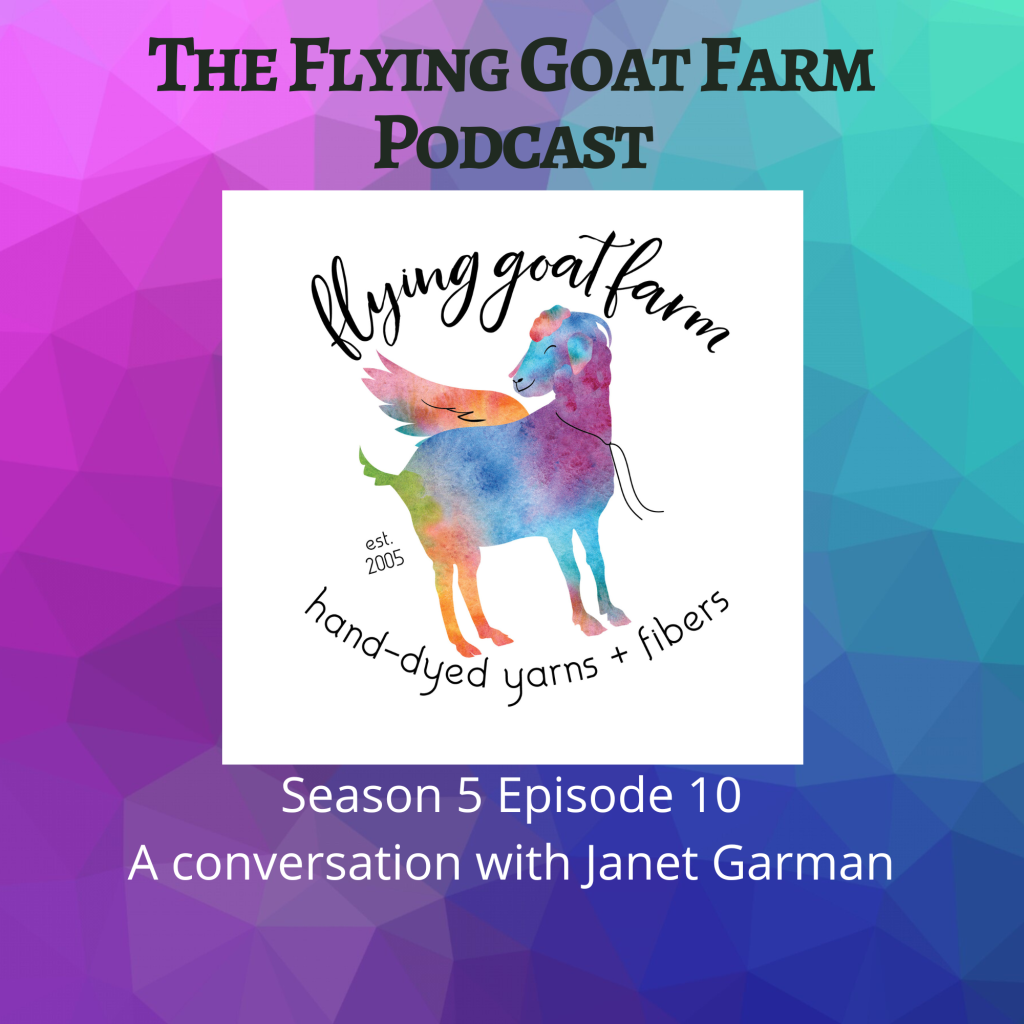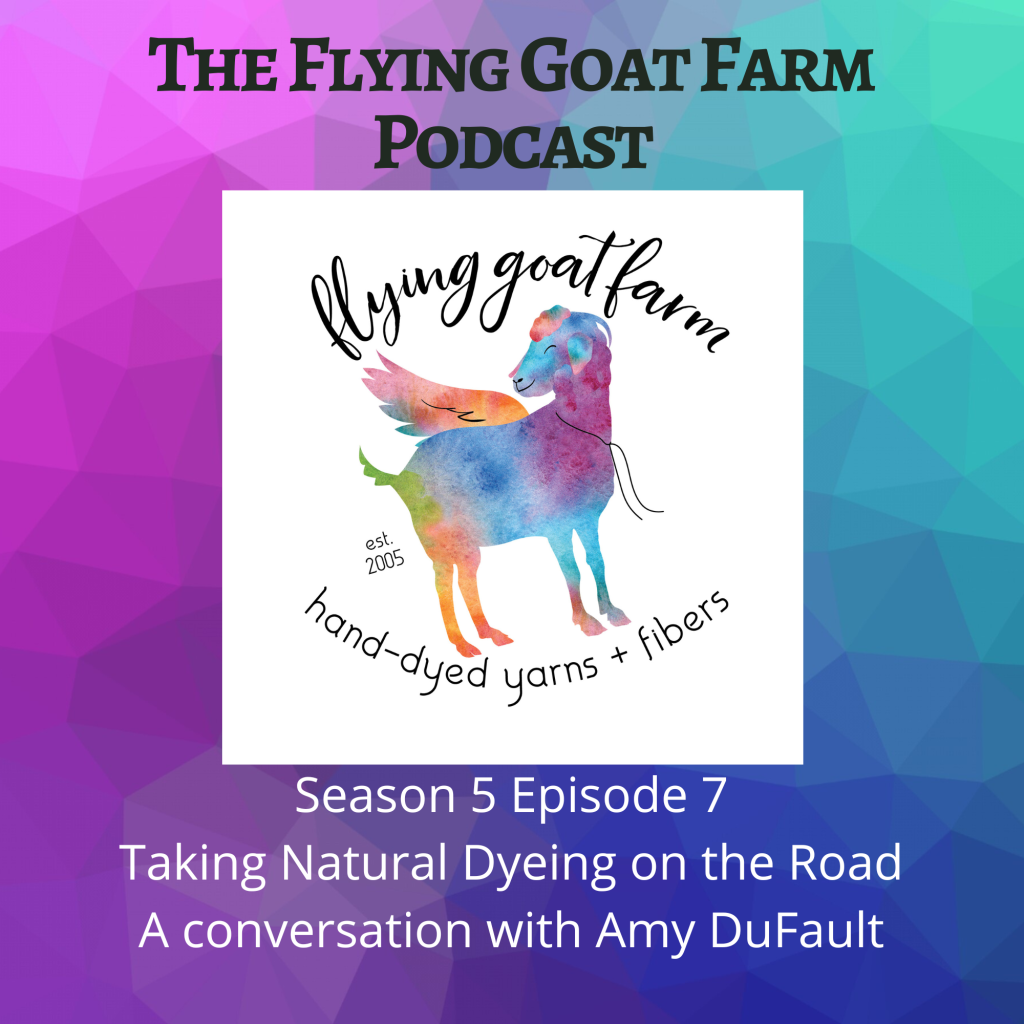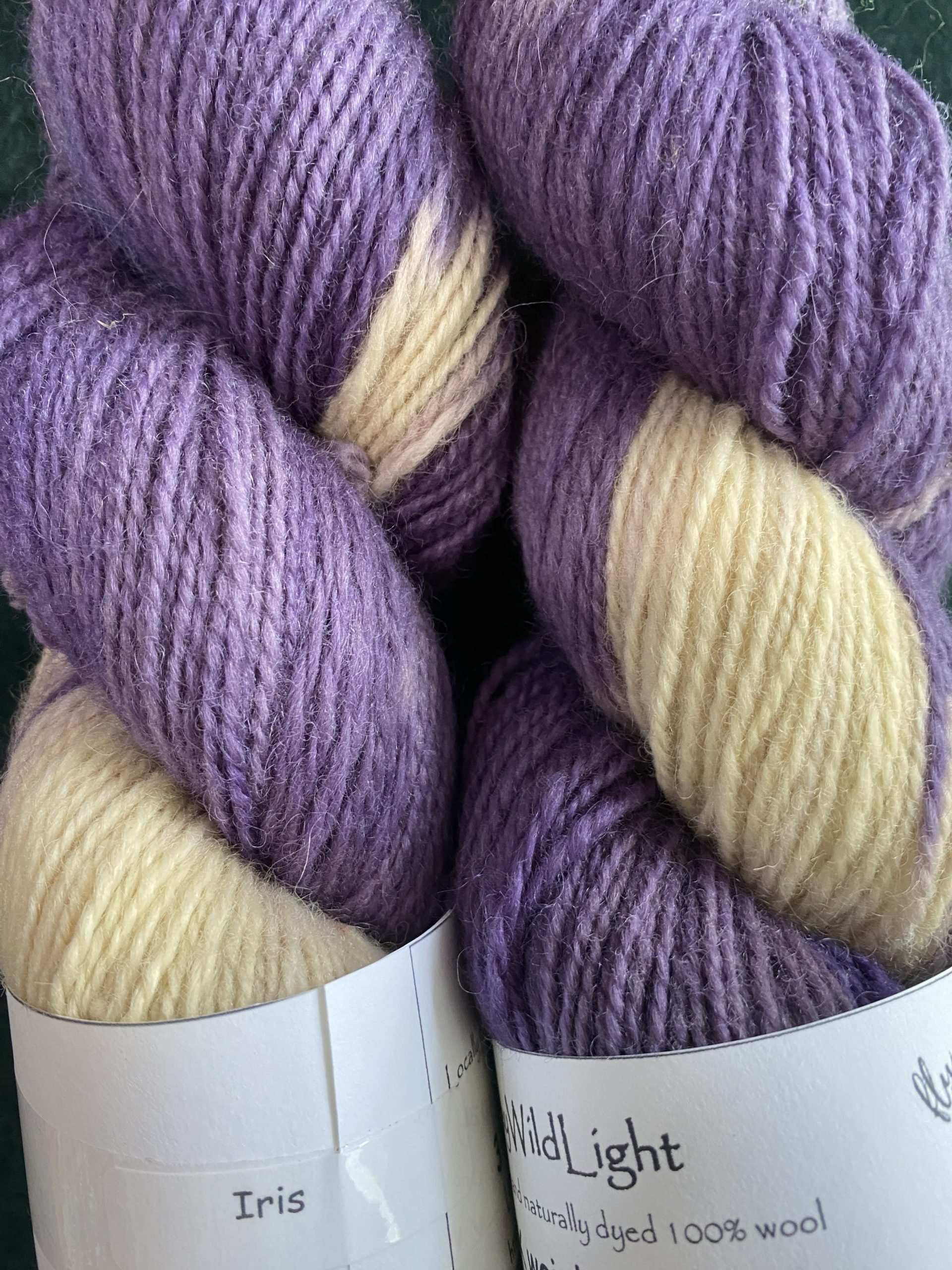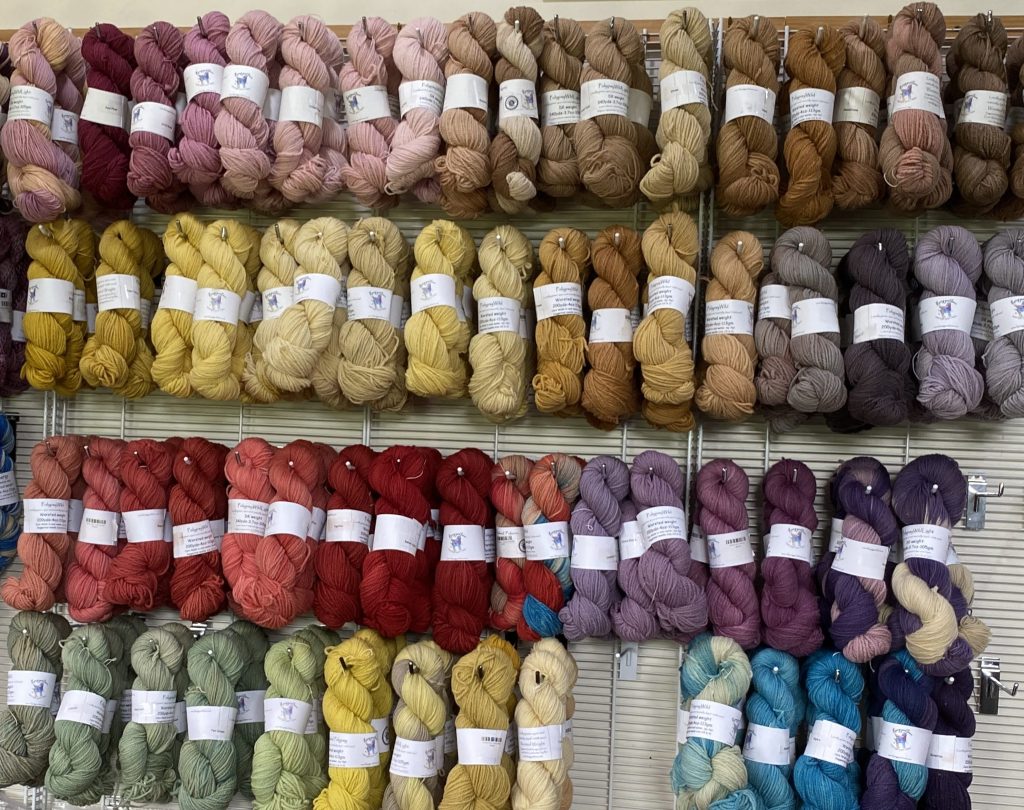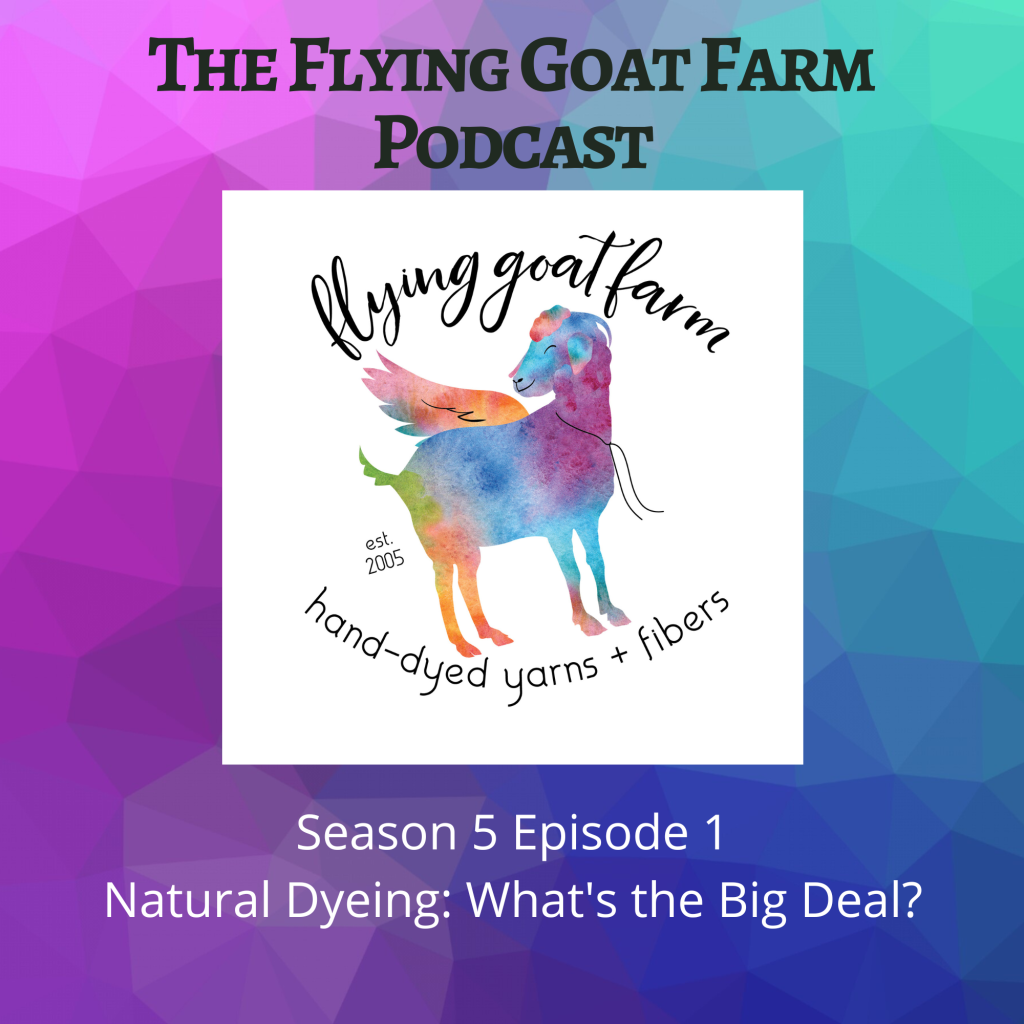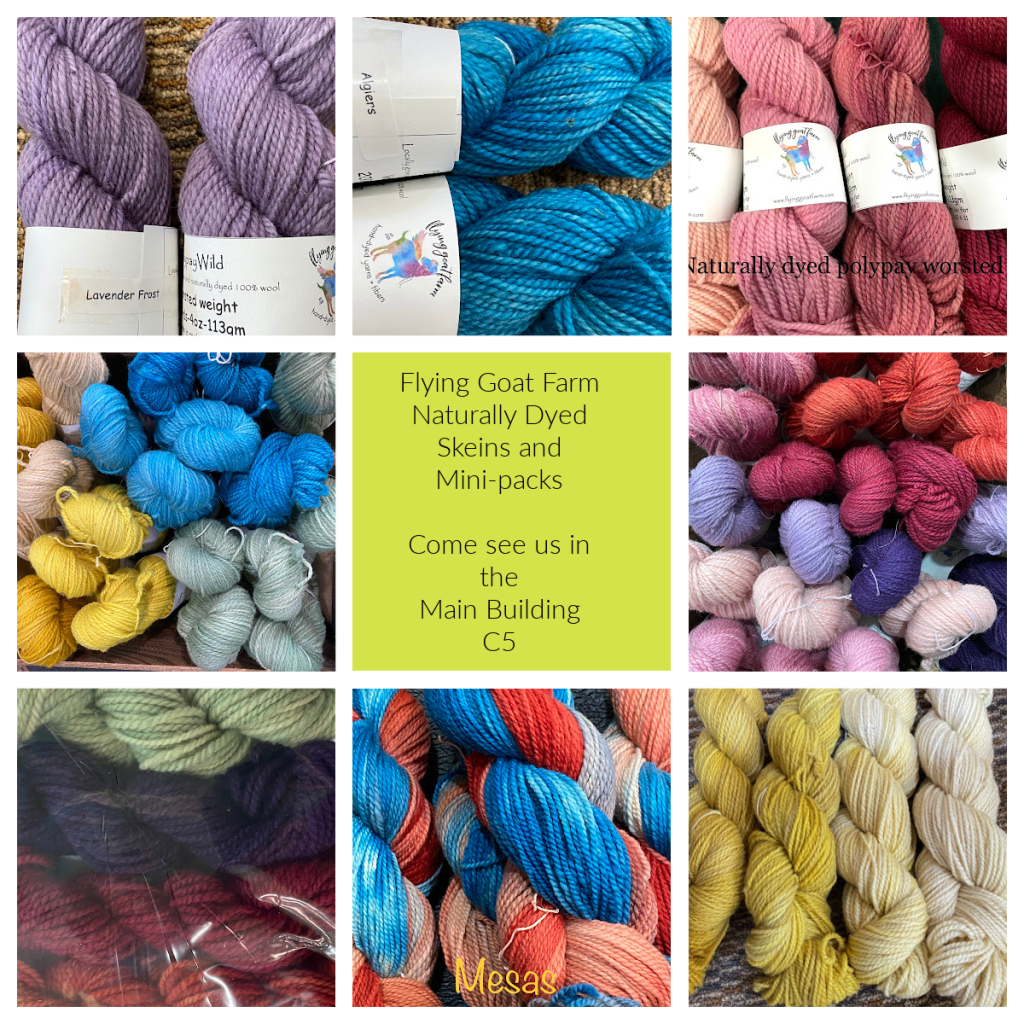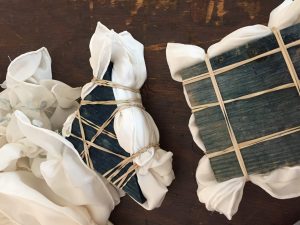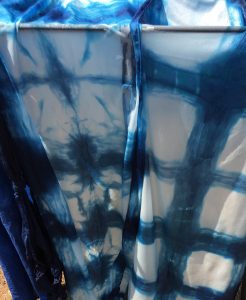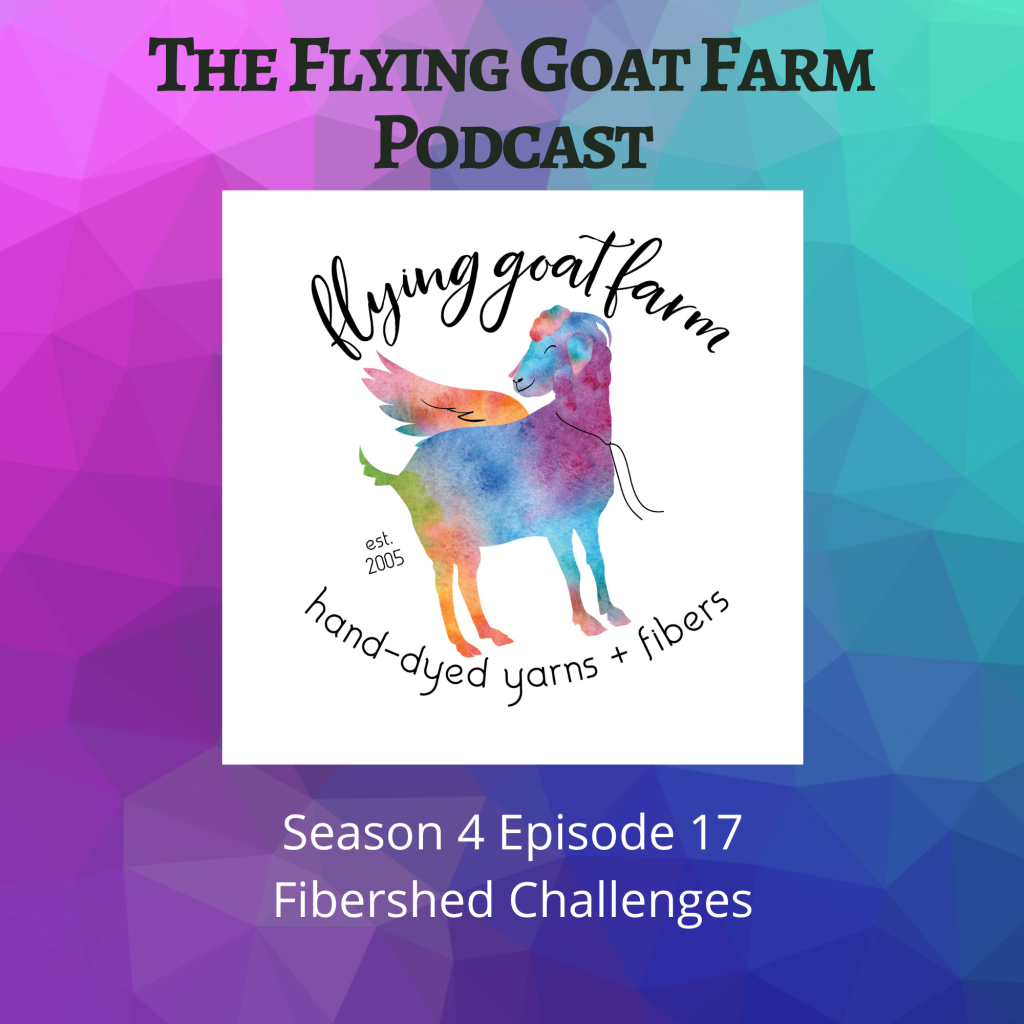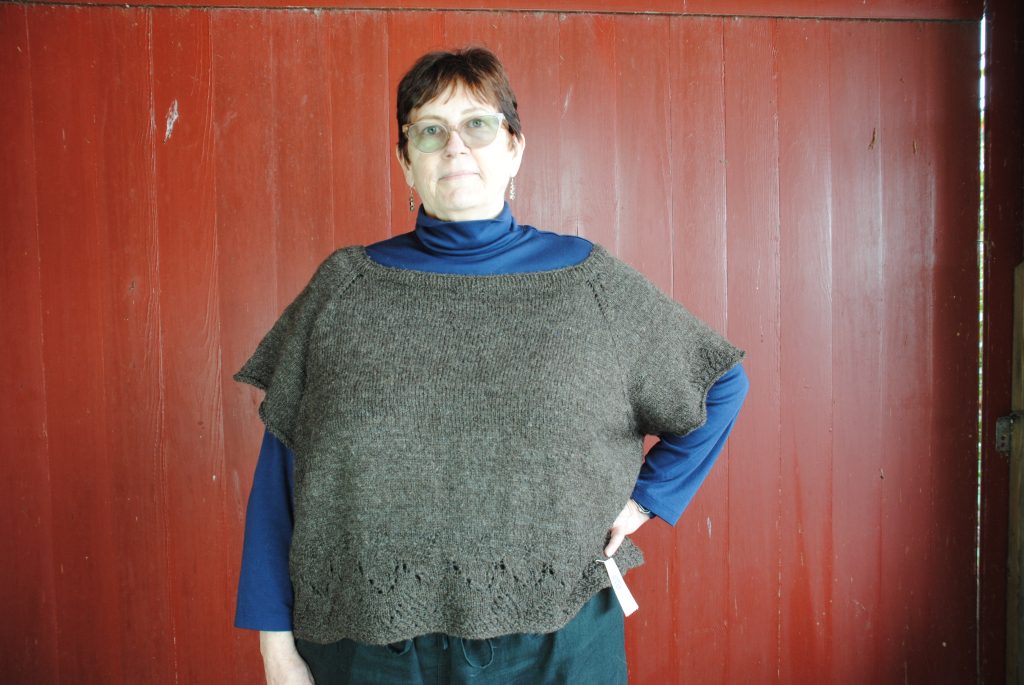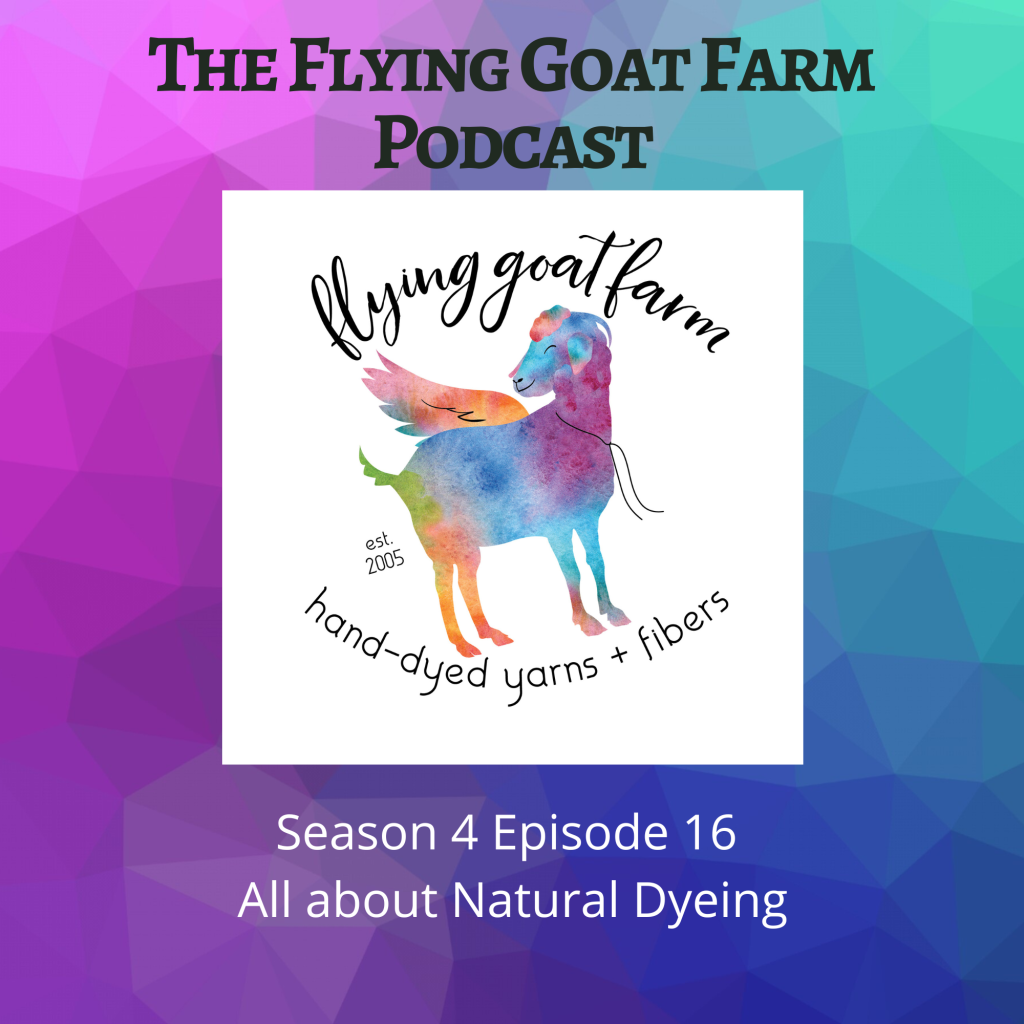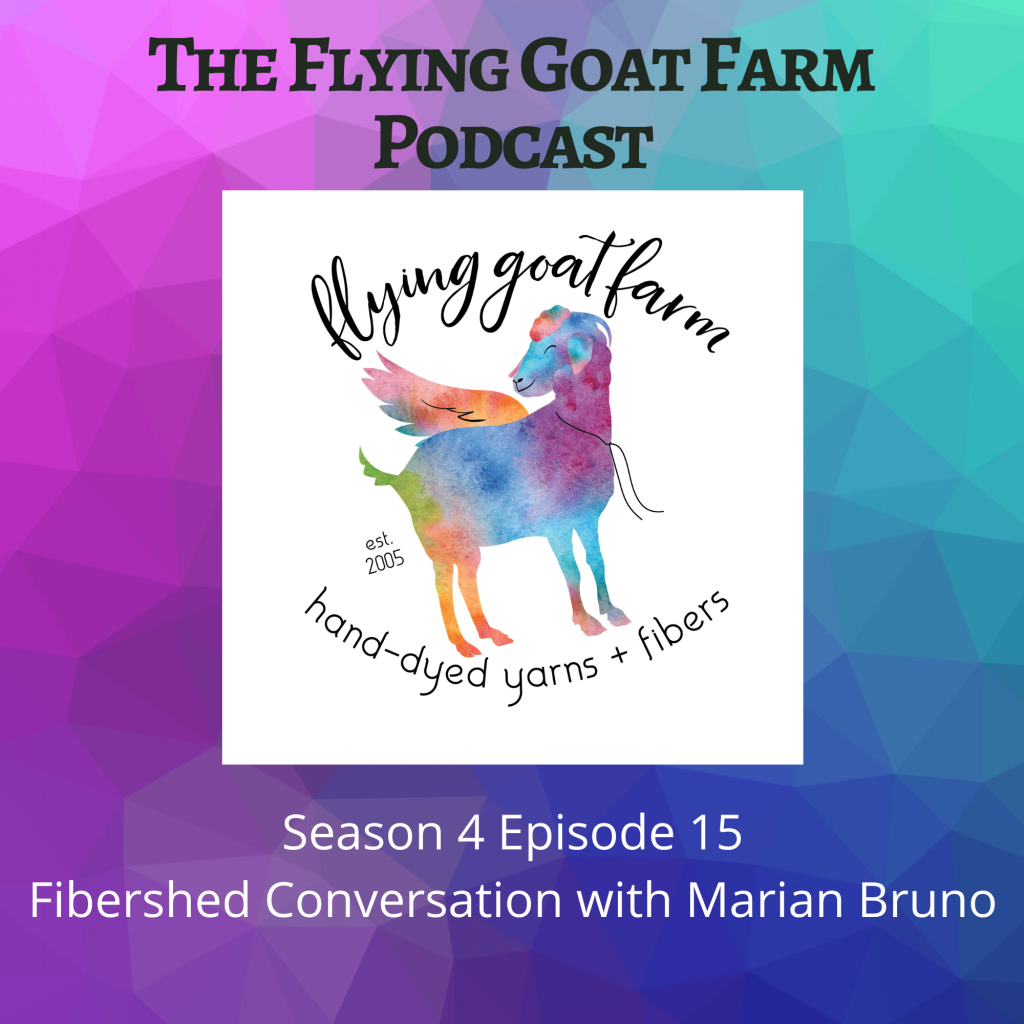Have you thought to yourself? “I would really love to spin my own yarn someday. I love the way that handspun yarn looks with the colors mixing in the ply.” Your second thought might be….. I don’t need another hobby. Or when would I find time to learn that?
Synergy solves that. It gives you the look of handspun, with the marling or barberpole look of handspun. And you didn’t have to learn a new skill or buy new equipment.
This yarn was made from Merino fleeces source by our shearer. It is 100% merino and of course it’s NON-superwash. It is next to the skin soft and can be used for sweaters, tops, hats, gloves and so much more. The yarn naturally stripes. It appears to be hand spun without all the work of spinning it yourself.
100% merino 2ply Most skeins have 200 yards in a 4 oz skein. Jasper (and the colorways that come from it) have slightly less yardage. Caribbean (and the colorways that come from it) have more yardage and are a DK weight.
